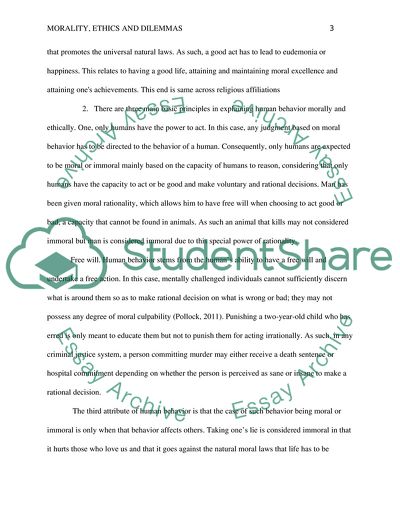Cite this document
(Morality, Ethics and Dilemmas Assignment Example | Topics and Well Written Essays - 1750 words - 1, n.d.)
Morality, Ethics and Dilemmas Assignment Example | Topics and Well Written Essays - 1750 words - 1. https://studentshare.org/law/1866779-midterm-examination
Morality, Ethics and Dilemmas Assignment Example | Topics and Well Written Essays - 1750 words - 1. https://studentshare.org/law/1866779-midterm-examination
(Morality, Ethics and Dilemmas Assignment Example | Topics and Well Written Essays - 1750 Words - 1)
Morality, Ethics and Dilemmas Assignment Example | Topics and Well Written Essays - 1750 Words - 1. https://studentshare.org/law/1866779-midterm-examination.
Morality, Ethics and Dilemmas Assignment Example | Topics and Well Written Essays - 1750 Words - 1. https://studentshare.org/law/1866779-midterm-examination.
“Morality, Ethics and Dilemmas Assignment Example | Topics and Well Written Essays - 1750 Words - 1”. https://studentshare.org/law/1866779-midterm-examination.


